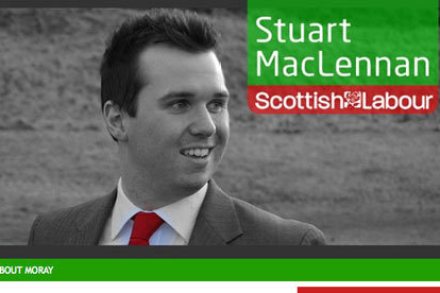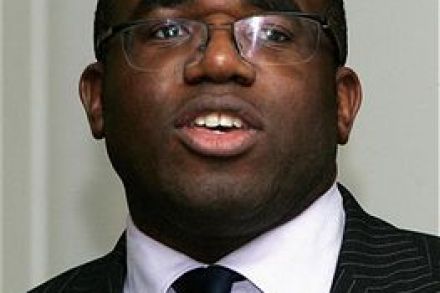A Tudor mystery unravels
The fate of Lady Mary Grey, Queen Elizabeth’s prisoner and a potential heir to the throne, has never been resolved. Now Leanda de Lisle tells all At the Prime Minister’s country residence at Chequers, scribbles on the walls of the 12-foot prison room bear testimony to the dreary misery of the woman Elizabeth I had kept there. An heir to the throne, a potential English queen, now buried in obscurity. If Lady Mary Grey is recalled today, it is as a historical footnote. She was the dwarf who married a giant, the curious youngest sister of the famous Lady Jane Grey. But Mary was a more significant figure than her













